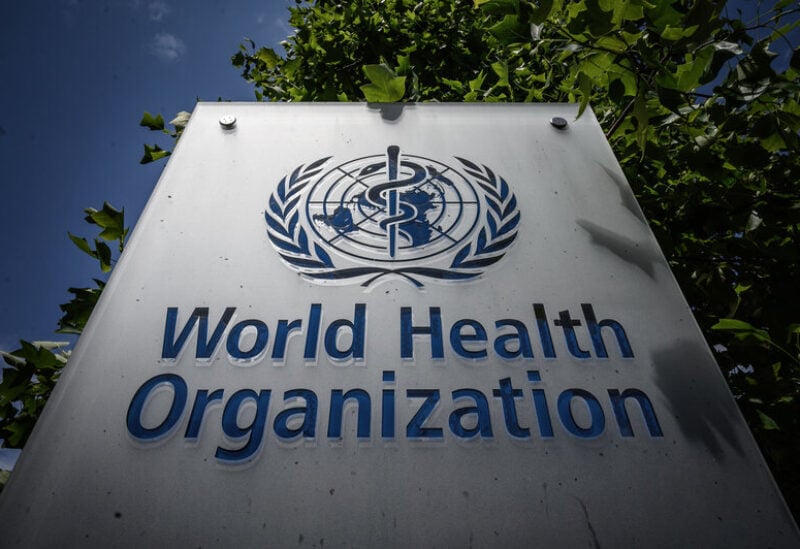
According to a top health official, China rejected a World Health Organization (WHO) plan for a second phase of an inquiry into the origins of the coronavirus, which includes the notion that it may have escaped from a Chinese facility.
The WHO proposed a second phase of research into the origins of the coronavirus in China this month, including audits of laboratories and markets in Wuhan, and called on authorities to be transparent.
Zeng Yixin, vice minister of the National Health Commission (NHC), told reporters, “We will not accept such an origins-tracing plan since it, in some ways, disregards common sense and contradicts science.”
When Zeng initially read the WHO plan, he was taken aback since it mentions the possibility that the virus leaked during study due to a Chinese violation of laboratory regulations.
The paucity of raw data on the first days of the COVID-19 pandemic’s spread in China, according to the WHO’s director general, has impeded inquiries into its beginnings.
Due to privacy concerns, Zeng restated China’s view that some data could not be fully disclosed.
“We hope the WHO would seriously review the considerations and suggestions made by Chinese experts and truly treat the origin tracing of the COVID-19 virus as a scientific matter, and get rid of political interference,” Zeng said.
China opposed politicizing the study, he said.
The origin of the virus remains contested among experts.
The first known cases emerged in the central Chinese city of Wuhan in December 2019. The virus was believed to have jumped to humans from animals being sold for food at a city market.
In May, U.S. President Joe Biden ordered aides to find answers to questions over the origin saying that U.S. intelligence agencies were pursuing rival theories potentially including the possibility of a laboratory accident in China.
Zeng, along with other officials and Chinese experts at the news conference, urged the WHO to expand origin-tracing efforts beyond China to other countries.
“We believe a lab leak is extremely unlikely and it is not necessary to invest more energy and efforts in this regard,” said Liang Wannian, the Chinese team leader on the WHO joint expert team. More animal studies should be conducted, in particular in countries with bat populations, he said.
However, Liang stated that the lab leak scenario could not be completely dismissed, and that if evidence merited, other countries may investigate the possibility that it leaked from their laboratories.
The Wuhan Institute of Virology’s (WIV) decision to take offline its gene sequence and sample databases in 2019 is a significant aspect of the lab leak theory.
When challenged about this decision, Yuan Zhiming, a professor at WIV and the director of the institute’s National Biosafety Laboratory, informed reporters that the databases were only shared internally at the moment owing to fears about cyber attacks.